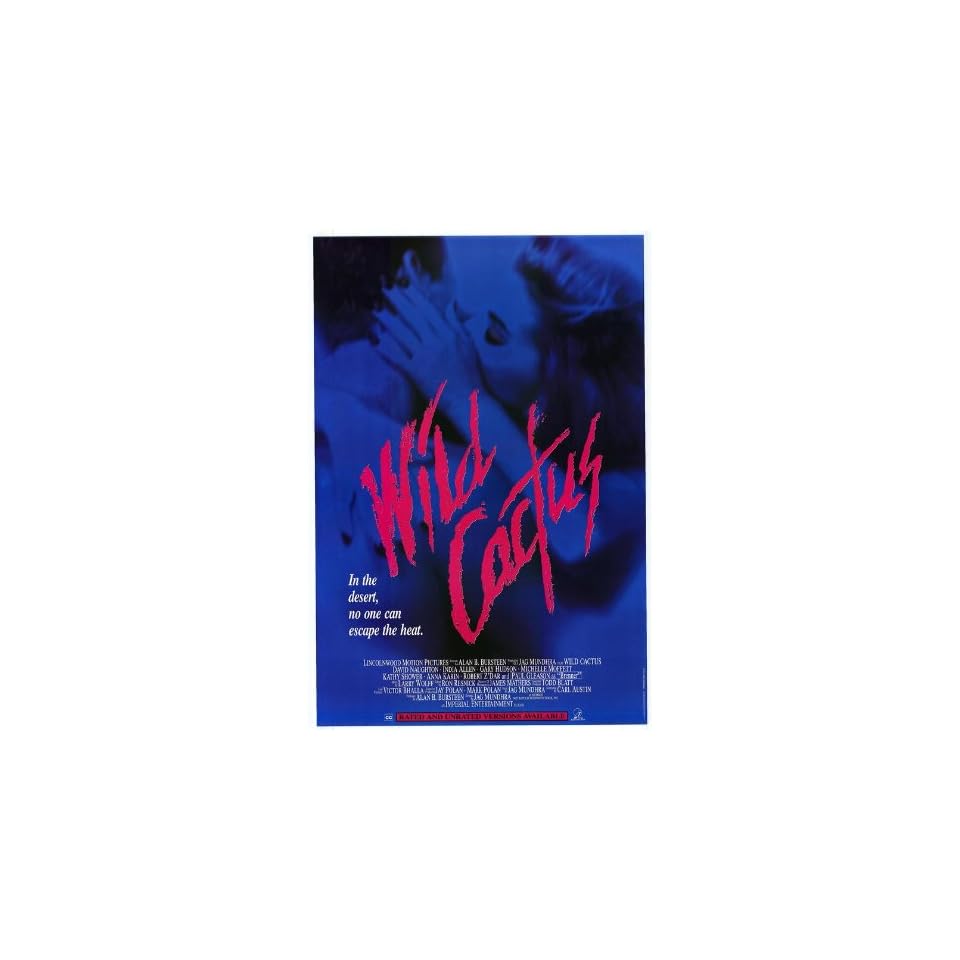
“If you ask me what is one simple thing that we could all do that would have an immediate effect I’d choose an agreement on fishing: an agreement to cover oceans worldwide.

Meanwhile governments should focus on our oceans, he says. And that applies to all sorts of things: Don’t waste food, don’t waste gas, don’t waste electricity - all these things make demands on the environment. He says: “The one thing each of us can do is not waste. Holding a fossil in Leicestershire, while filming David Attenborough: A Life on Our Planet (Image: WWF-UK / David Attenborough: A Life On Our Planet)Īfter teaching generations to love living things, battling to convince leaders to tackle climate change and becoming the most famous natural history presenter of all time, Sir David has a powerful message on how we can all help save the planet. And Life in the Undergrowth went out and nobody said it was rather nasty.” “The producer screwed up the paper and threw it in the basket. We suggest you call it 'Life of Multi-legged’.

And then the call came back: ‘Happily we’ve hit upon the answer. So they were going to call a meeting and kick around ideas. “It had connotations of underwear and criminal activity and all sorts of things. They’d done word association research and the word ‘undergrowth’ had come out very, very badly. They had seen Life in the Undergrowth was coming up.

“The producer got a memo from some organisation which said it was responsible for programme titling. “We eventually came up with what I thought was not a bad idea: we’d call it Life in the Undergrowth. But we couldn’t call it one The Life of Insects because I was going to show slugs, which aren’t insects, and other things.
#Wild cactus movie vhs dvd series#
He says: “We called other series The Life of Mammals, The Life of Birds, The Life of Plants and so on. The living world cannot operate without a healthy ocean (Image: Netflix / David Attenborough: A Life On Our Planet)


 0 kommentar(er)
0 kommentar(er)
